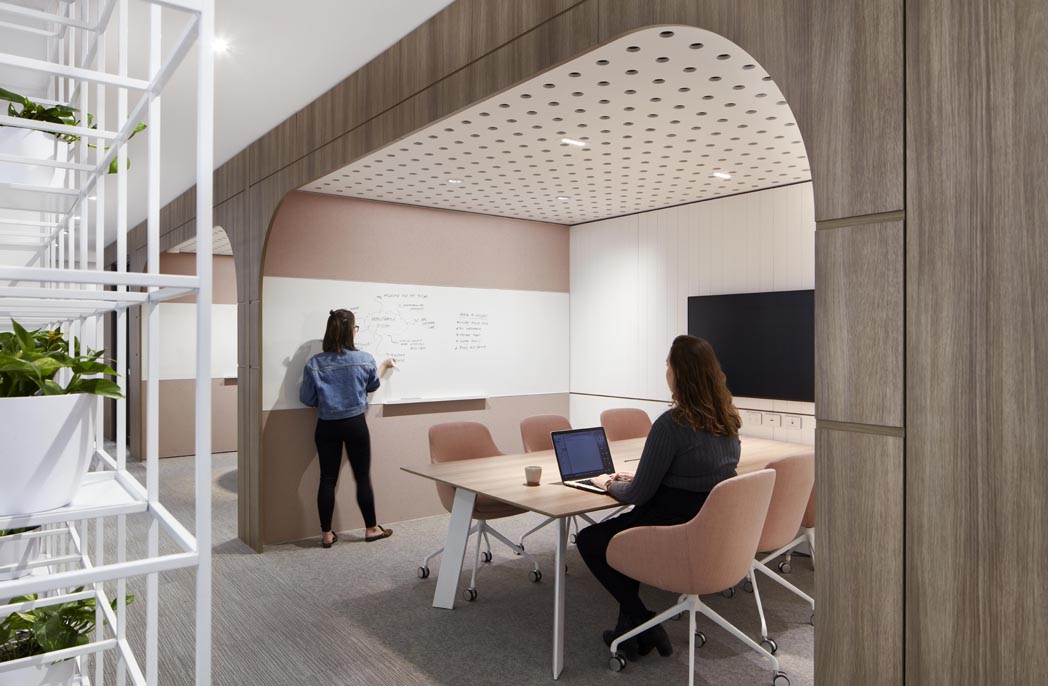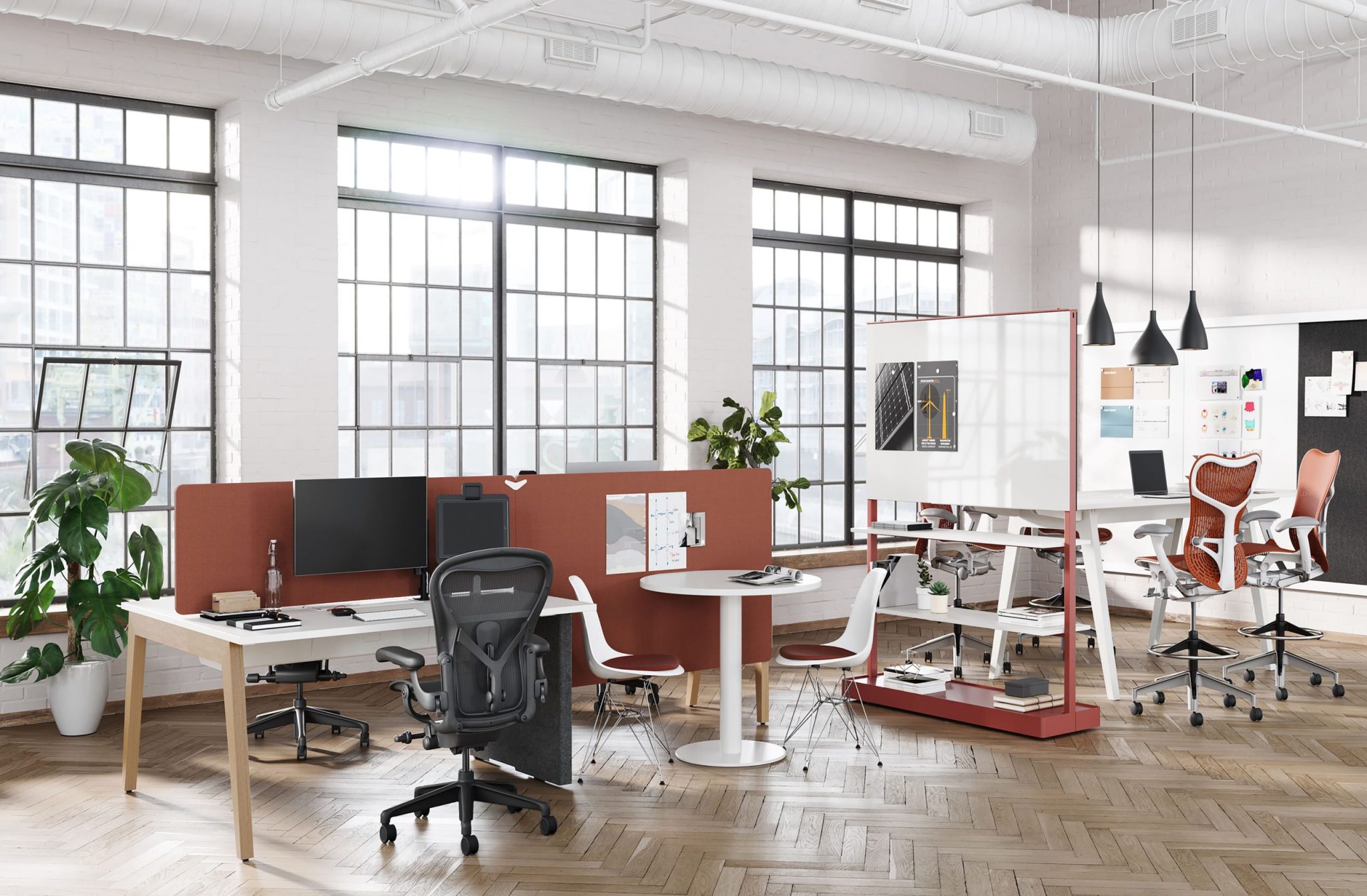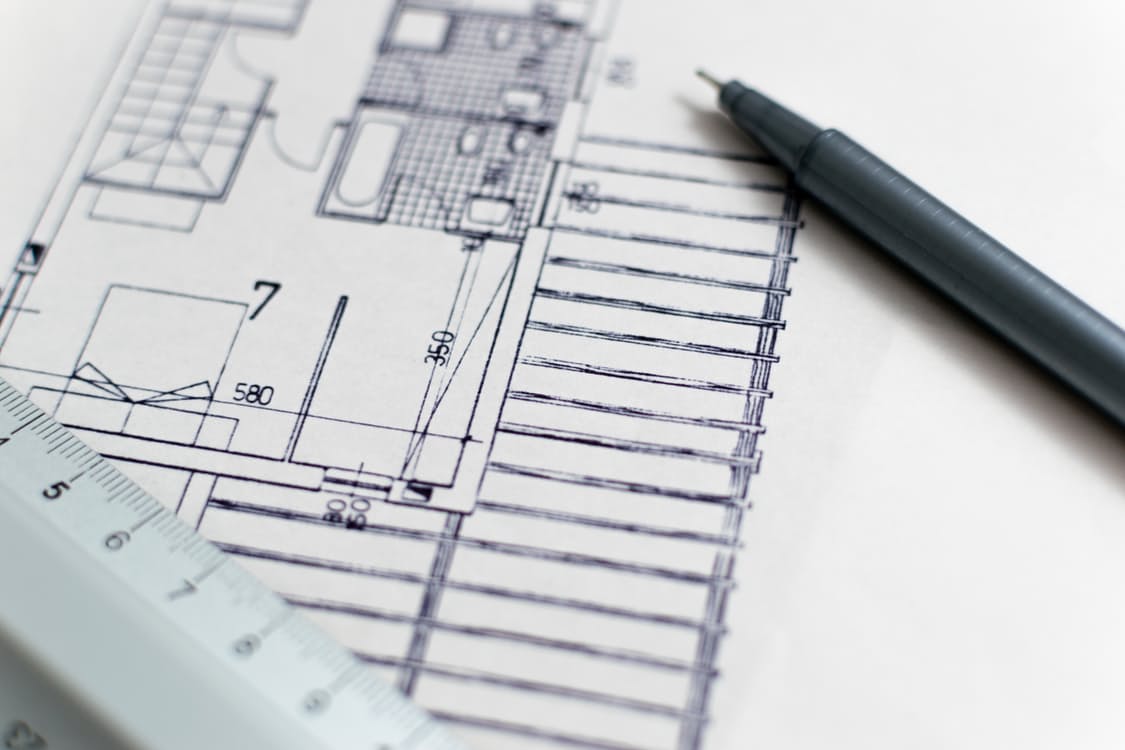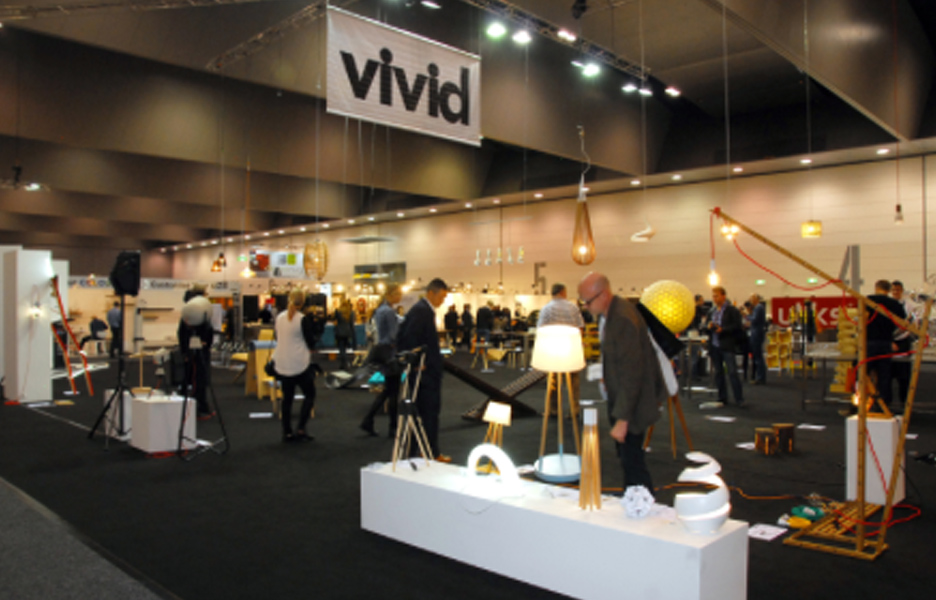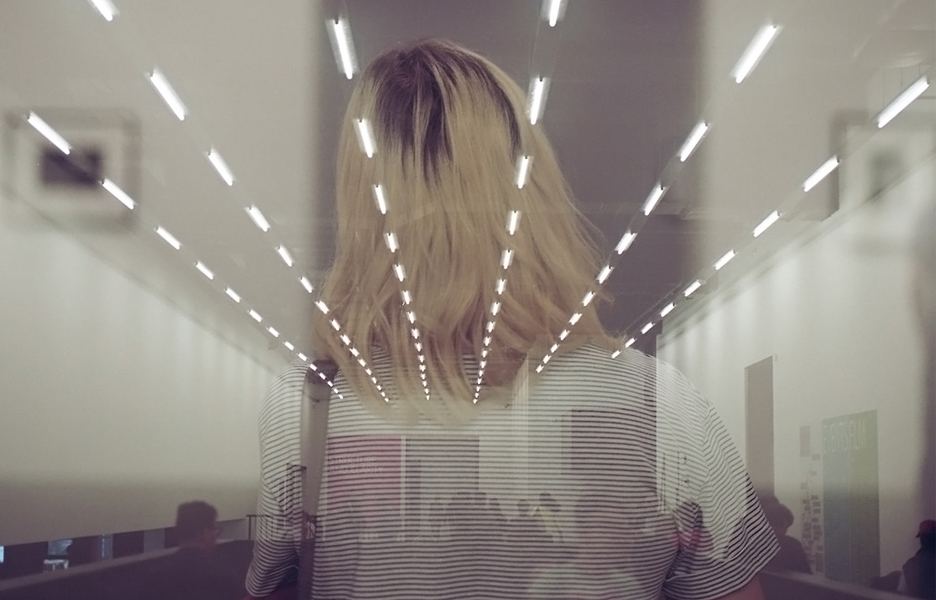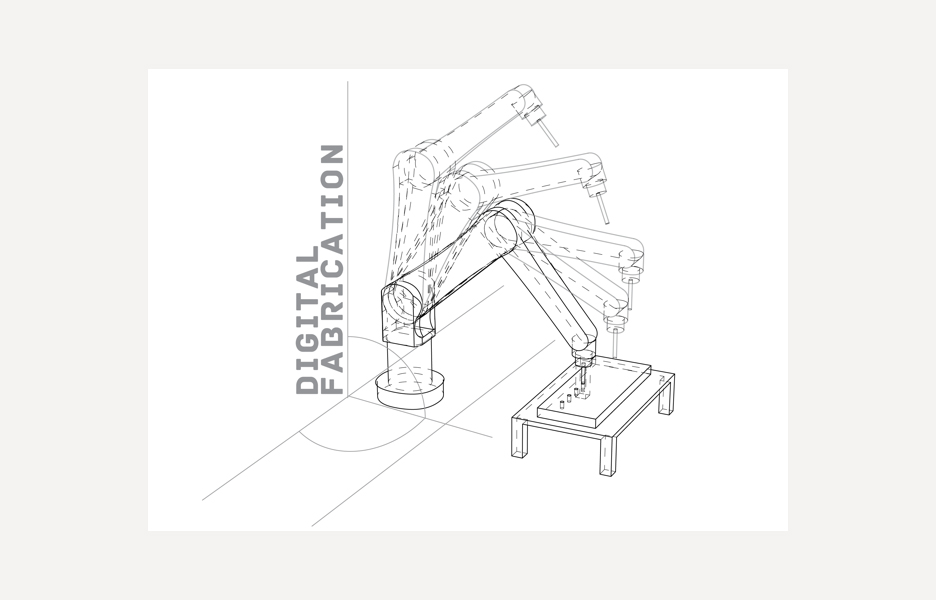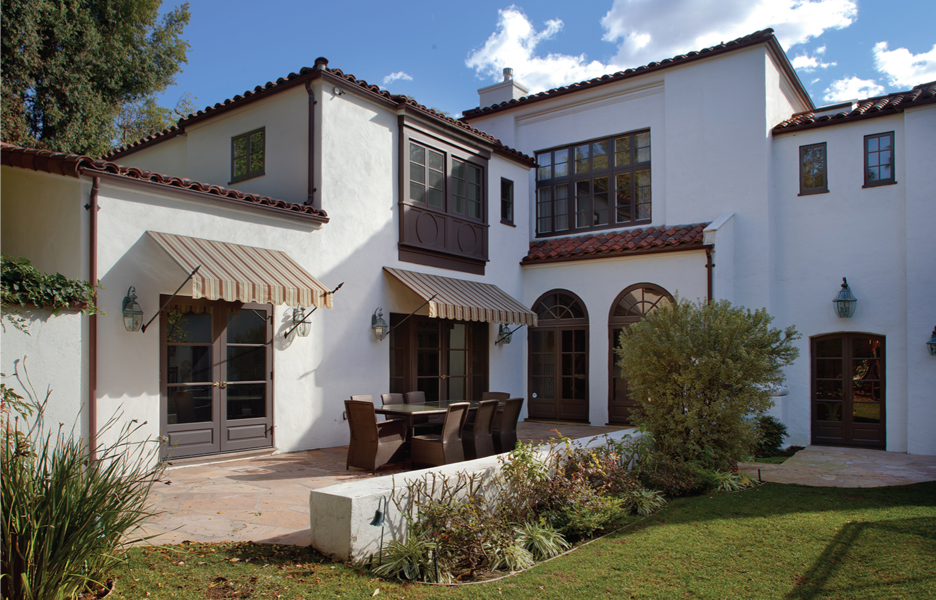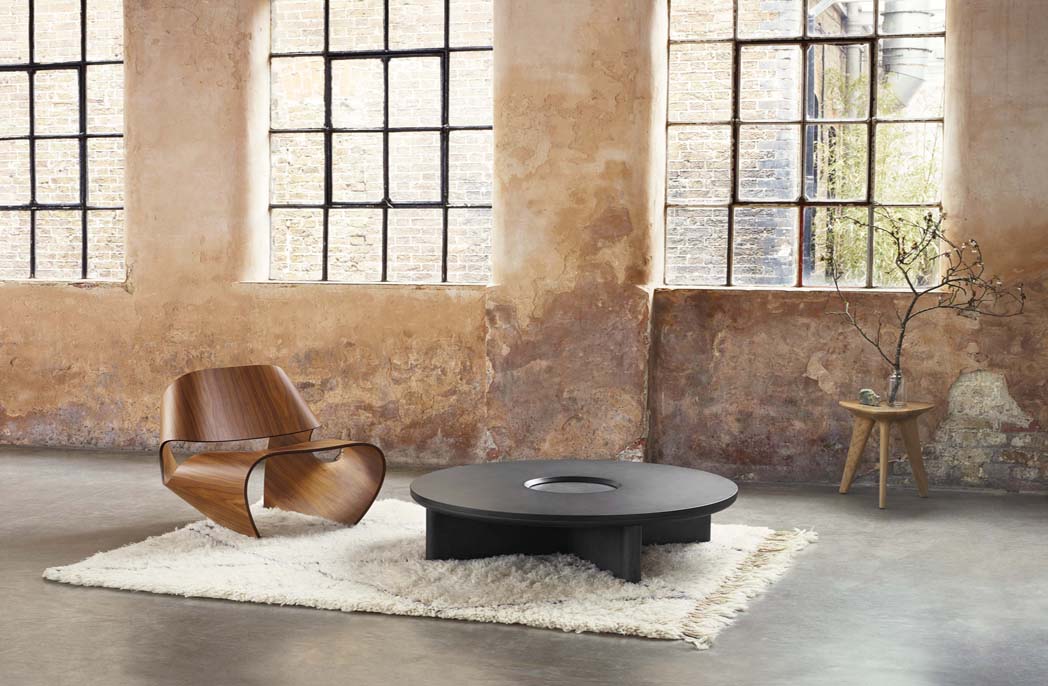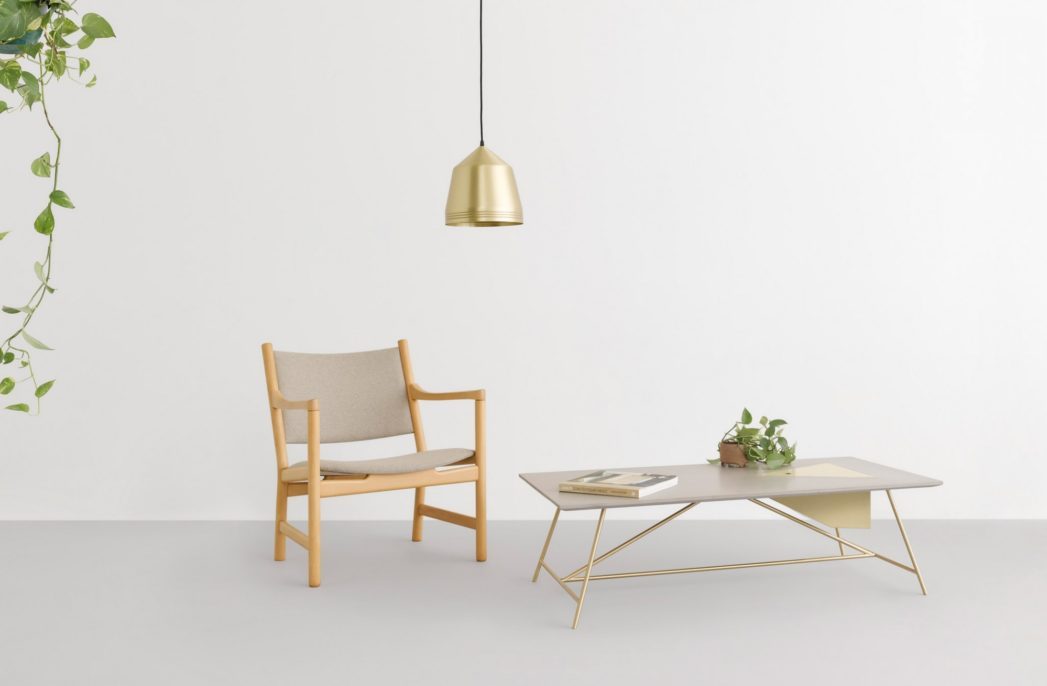
Herman Miller outlines way forward for workspaces post-COVID
Herman Miller outlines way forward for workspaces post-COVID
Share
Through extensive research and expert insight, Herman Miller has revealed three key insights to help organisations gain employee engagement and flexible productivity for the long term.
The global pandemic has and will continue to affect every aspect of life. Whether it be work, home or study, Herman Miller believes that problem-solving, human-centred design means supporting people wherever they are.
Latest research by its Global Research and Insights Team has made it abundantly clear that a workplace strategy reevaluation is a must for all industries – something of which architecture and interior design firms should make note, not just for themselves, but also for their clients.
Contextualising current trends and needs from customers, the Future of Work research report identifies three important shifts that workplaces everywhere must make to remain relevant.
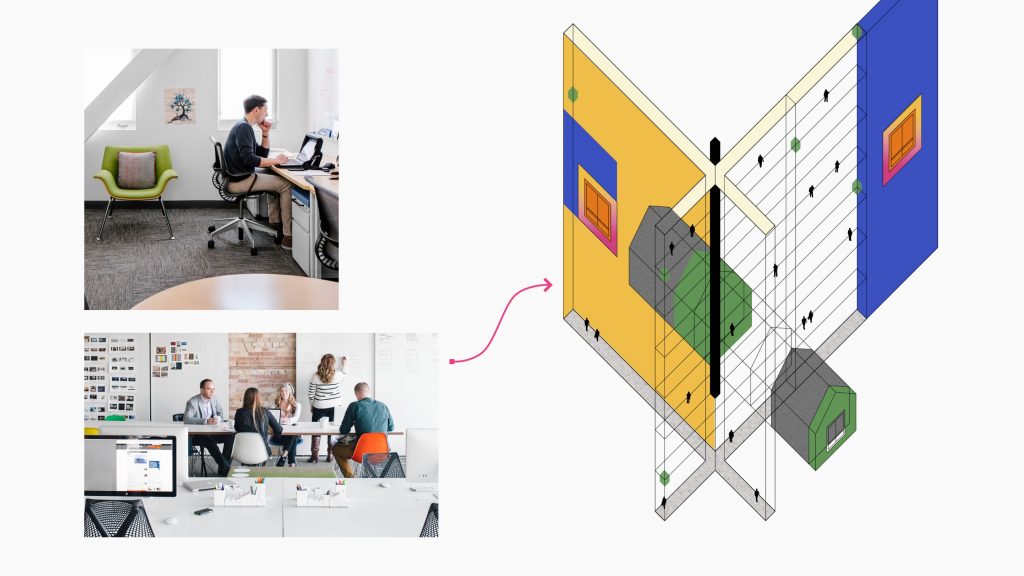
From forced acceptance to strategic advantage
It’s no secret that the COVID-19 pandemic accelerated workplace trends that had been slowly germinating for years – chief among them is the reality of ‘distributed work’.
Research from the Harvard Business School confirms more than 81 per cent of office workers do not envision themselves returning to the office five days a week.
For employers, this is an opportunity to holistically address the needs of a highly diverse workforce by implementing a hybrid strategy and promoting inclusivity and equity of experience.
“We feel the approach with the most potential is one in which most employees exercise autonomy in choosing from a broad array of options both within and beyond the office for where they’ll work on a given day,” writes Herman Miller’s Global Research and Insights Team.
“A myriad of factors can affect an individual’s productivity and engagement.
“By trusting employees to make choices based on their daily tasks and preferences, organisations can reshape the office into a sought-after destination for those social and cultural connections that cannot be recreated virtually.”
As we return to the office, the report recommends organisations should embrace and benefit from a distributed culture that empowers employees with a robust set of choices to create positive, healthy work experiences.
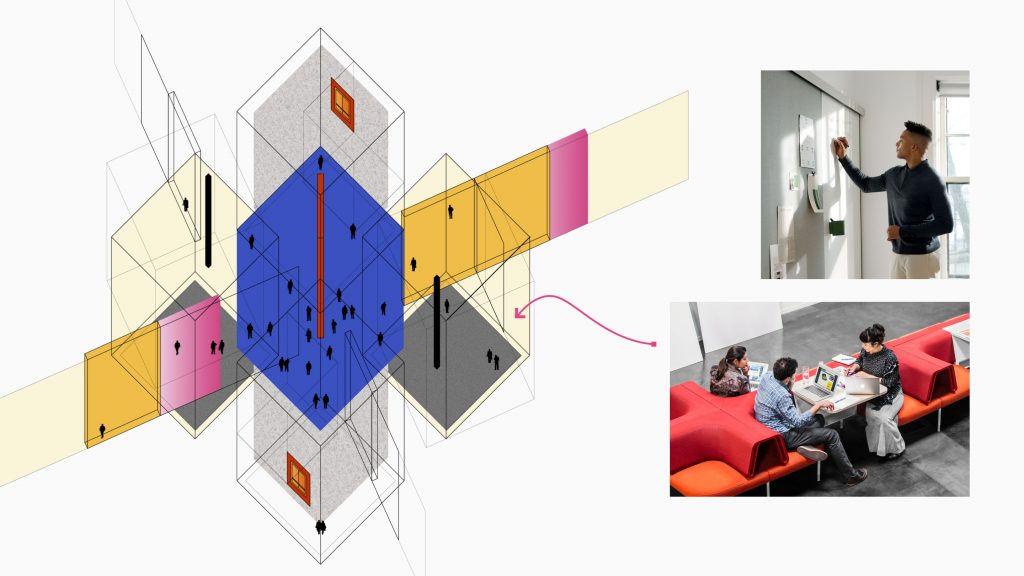
From a substantial investment to competitive edge
Even before the pandemic, offices were struggling to consistently support people and their work, highlighting a need to reorient office spaces around activities not supported elsewhere.
Moving forward, employers should be evolving existing environments with products and settings that foster the following core experiences, while adequately prioritising remote work to ensure they don’t lose competitive pace and productivity in the process.
Community socialisation
Through your office, provide areas that encourage people to interact with their extended networks, which is critical for establishing and maintaining culture.
Team collaboration
Research indicates a neighbourhood model – which involves owned-team spaces with shared individual spaces – is the key to spontaneous socialisation and collaboration.
When workplaces practice neighbourhooding in this way, they better accommodate longer-term collaboration, while also creating opportunities for those spur-of-the-moment chats that cannot be scheduled via video conference.
Individual focus
For those of us without the luxury of private or spares spaces, a return to the physical office can provide a respite for concentration and focused work, given the spatial setup.
With this in mind, offices must prove their value to employees in this new era of autonomy with unique functions that will make the office more desirable and inclusive for individuals to enjoy.
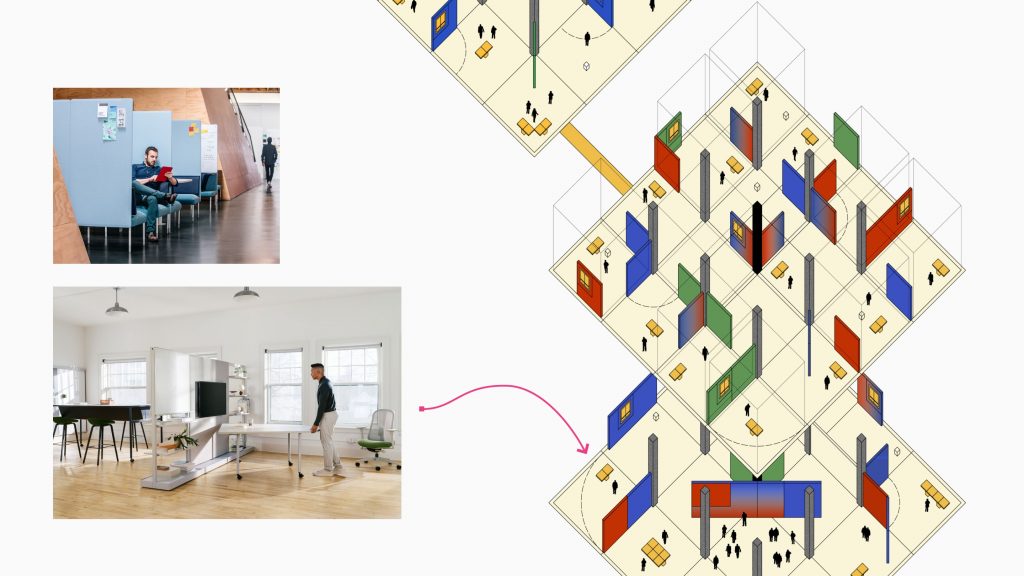
From floorplate flexibility to user adaptability
Technology has been reshaping work for decades, but it took a virus to change the office landscape overnight.
As a result, new expectations for user control at the workplace have arisen, emphasising adaptability in a deeper sense.
“In the past, a workplace setting was considered ‘flexible’ if it could be reconfigured for different uses by a facilities or maintenance team,” writes Herman Miller’s Global Research and Insights Team in its research report.
“However, the power to adapt a space needs to rest with the people working within it.”
Shifting investments toward furnishings and tools that fit into existing floorplates can optimise space to embrace change, providing employees with adaptable solutions that will meet rising expectations for autonomy, choice and user control.
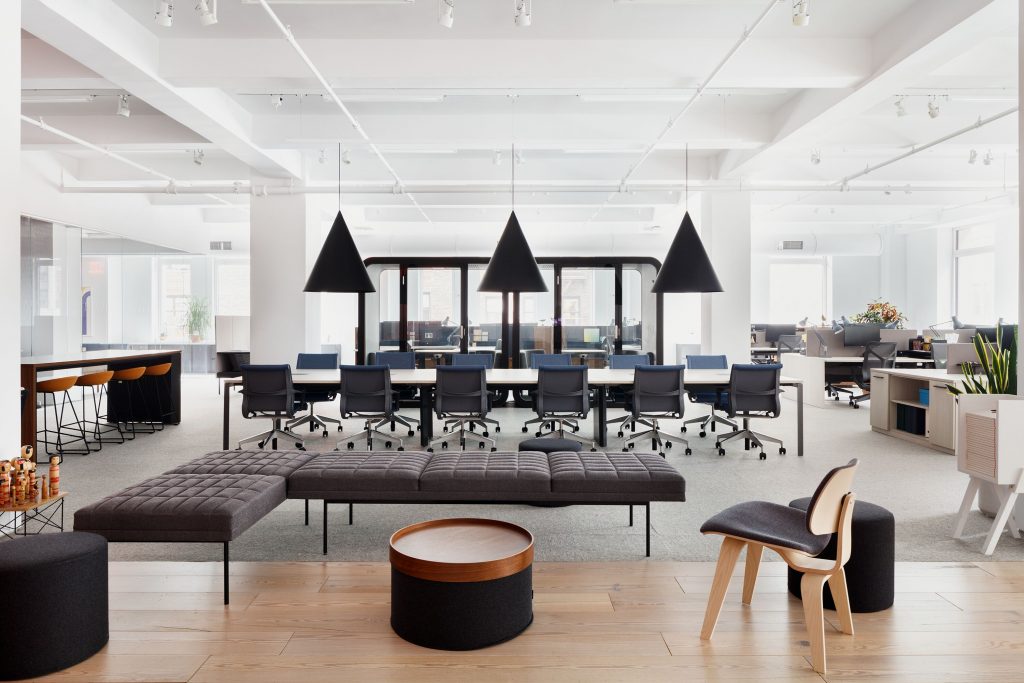
The workplace is evolving, and the future may seem like it’s arriving faster than ever, but this latest research report from Herman Miller shows that change is constant.
Aligning the needs of people to the potential of desirable and productive workspaces has always been a cornerstone of the furniture company’s design perspective.
With this in mind, Herman Miller is ready to navigate this evolution with insights, products and services designed to help architects and interior designers adapt with the changing workplace environment.
Explore the Herman Miller website to learn more or contact your local Herman Miller Market Manager to get started.
Photography supplied.
You Might also Like
